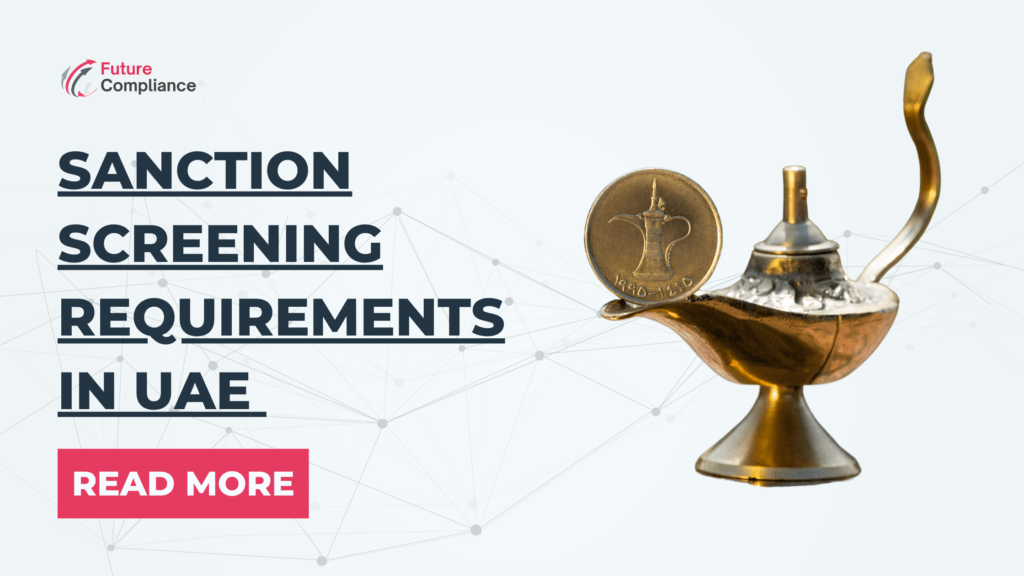AML regulations play a critical role in maintaining compliance across both local and international organisations. Furthermore, these rules are vital to detecting and deterring criminals involved in money laundering and financial crimes. Additionally, regulated entities, such as DNFBP, must follow global legislations and adapt to evolving amendments or improved recommendations. Consequently, these measures combat financial terrorism and help create a more resilient financial system. Staying AML compliant requires adopting vast rules, adhering to global standards, and taking steps to catch offenders while preventing future crimes. Ultimately, by following these regulations, organisations uphold integrity and foster a safer global financial environment.
Guide to Global AML Regulations
The Financial Action Task Force: Fighting Global Crimes
The FATF, an influential intergovernmental organisation, unites member states to combat money laundering and tackle financial terrorism. Its AML rules and CTT guidelines establish trusted global standards. These standards aim to detect and deter illegal activities across financial systems. Furthermore, member countries and financial institutions are required to adopt strict measures, such as the Know Your Customer (KYC) and Customer Due Diligence Process. These processes enable accurate risk assessment, proper record-keeping, and continuous monitoring to highlight suspicious transactions promptly.
In cases of non-compliance, the FATF enforces strict sanctions against legal entities and obliged entities. Additionally, it requires filing Suspicious Transaction Reports with the concerned authority to facilitate timely action. Through regularly issuing updated guidelines, the FATF empowers member states to prevent crimes and uphold global financial integrity. Ultimately, its efforts foster a safer, more transparent, and effective financial ecosystem.
The EU’s Fight Against Financial Crimes
The European Union has implemented Anti-Money Laundering Directives (AML directives) to protect financial markets and prevent money laundering. The Fifth Anti-Money Laundering Directive (5AMLD), which began on January 10, 2020, focuses on cryptocurrency regulation. It provides clear legal terms for cryptocurrencies and sets strict reporting obligations. Moreover, it enforces rules for PEPs, beneficial ownership, prepaid cards, and transactions involving high-risk third countries. These measures show the EU’s commitment to CFT (Countering the Financing of Terrorism) and enhancing compliance.
Expanding Accountability with 6AMLD
The Sixth Anti-Money Laundering Directive (6AMLD) started in June 2021 and expands the broad scope of criminal liability. It defines money laundering clearly and applies stringent punishments to the guilty. Furthermore, it emphasizes tougher enforcement and aims to deter financial crimes. This directive ensures that rules and regulations are consistently followed by both individuals and organisations.
Ensuring a Safer Financial System
Both 5AMLD and 6AMLD are parts of the EU’s regularly published updates to strengthen risk assessment and secure global financial systems. These directives address high-value transactions, leaving no room for offenders to exploit. They remain vital to achieving a safe and transparent financial ecosystem.
The United Kingdom
The FCA in the UK is an independent body dedicated to ensuring AML regulations are followed. It oversees financial institutions to uphold market stability and consumer protection. Here’s how it works:
- Regulation: The FCA sets clear minimum legal standards for financial products and ensures compliance to prevent non-compliance.
- Supervision: It carefully monitors institutions, ensuring they follow customer identification and risk assessment procedures and report suspicious transactions to the concerned authority.
- Authorization: Before organizations can start in the financial services industry, the FCA enforces strict registration rules.
The United States: AML Regulations
In the US, the Bank Secrecy Act (BSA), overseen by FinCEN, plays a vital role in fighting money laundering and other financial crimes. Financial institutions need to comply with the BSA regulations to avoid penalties:
- Compliance Program: Institutions must establish an AML program that includes clear written policies, employee training, risk assessment, and the appointment of an MLRO.
- Reporting Requirements: Institutions must file Suspicious Activity Reports (SAR) and Currency Transaction Reports (CTR) as part of their regular reporting duties.
- Record Keeping: Institutions must keep detailed records of customer identities and money transacted. Non-compliance with BSA regulations may lead to fines of up to $250,000 and imprisonment under US criminal codes, along with the risk of criminal liability.
The Australia
AUSTRAC is Australia’s government agency that tackles money laundering, financial fraud, and terrorist financing. It ensures that financial institutions meet AML/CTF obligations to safeguard the Australian financial system. AUSTRAC’s role includes monitoring suspicious activities through Suspicious Activity Reports (SARs), which are vital in the compliance process. These reporting obligations help prevent criminal financing and funding of terrorism.
Working with other government agencies, security services, and revenue agencies, AUSTRAC enforces regulatory measures and ensures AML rules are followed. Non-compliance can lead to heavy fines, penalties, and even imprisonment. Risk assessment is crucial in identifying the threats from suspicious activities, ensuring that financial institutions stay aligned with Australian laws. Violations can have severe consequences, underscoring the importance of following compliance rules to protect the financial system.
The Asia
In Asia, both MAS and HKMA oversee the implementation of AML/CFT programs. Their key goal is to combat money laundering and terrorist financing across the region. Here’s how they approach financial crimes:
- Financial institutions must maintain compliance with AML/CTF rules to ensure the region’s financial system is secure.
- KYC (Know Your Customer) is essential for customer identification and suspicious activities monitoring.
- Enhanced due diligence helps identify suspicious transactions and accounts.
- Regulatory measures are enforced to ensure compliance and prevent financial fraud.
- Institutions must report suspicious transaction activity through proper channels.
- Failure to comply can result in a hefty penalty of up to $1 million for non-compliance.
- Employee training and independent audits are mandatory to prevent financial terrorism.
- MAS regulatory oversight ensures that all financial institutions follow strict AML rules.
The United Arab Emirates
In the UAE, Financial Institutions and Designated Non-Financial Businesses are required to set up a comprehensive AML/CFT Program. This includes creating an AML Policy that covers key areas like KYC Procedures, Risk Profiling, and Screening. The goal is to fight Money Laundering and Terrorism Financing, ensuring the financial system stays secure. These AML Regulations guide institutions in managing Risk Assessment and Governance to identify suspicious activities. Institutions must also follow strict AML Requirements set by UAE authorities.
The UAE stresses the importance of Suspicious Transaction Reports (STR Filing) as part of the AML Procedures. These reports help in detecting potential financial crimes. Continuous monitoring of transactions is a crucial part of Compliance Procedures and plays a key role in Money Laundering Prevention. AML Laws demand Legal Compliance, requiring all entities to follow the Regulatory Framework. Institutions must abide by Compliance Rules to avoid penalties and ensure a safe financial system.
To meet these standards, organizations must implement strong Financial Governance systems. This includes regular audits and reporting to ensure ongoing Compliance with AML/CFT standards. The UAE government also works closely with financial institutions to manage Risk Management strategies, addressing Anti-Money Laundering and Terrorism Financing effectively.
AML Compliance Services by AML UAE: Protecting Your Finances
AML UAE offers AML compliance services that ensure your business stays secure. As a reliable top provider, they assist in setting up effective AML/CFT policies and making sure your business stays legally compliant. Their services include AML software selection and AML guidelines, which help financial institutions meet regulatory requirements and prevent financial crimes. Additionally, they offer AML training and risk profiling to strengthen your compliance efforts.
Their AML services extend to an AML/CFT health check-up, helping you identify any potential gaps. Furthermore, AML UAE can assist with creating an in-house AML compliance department, ensuring your business operations run smoothly. If you face suspicious activity, they provide the necessary AML solutions and AML strategy to address it. Whether it’s about risk management or improving your compliance framework, AML UAE is there to guide you every step of the way.




